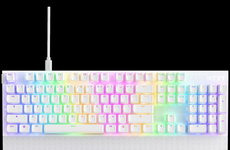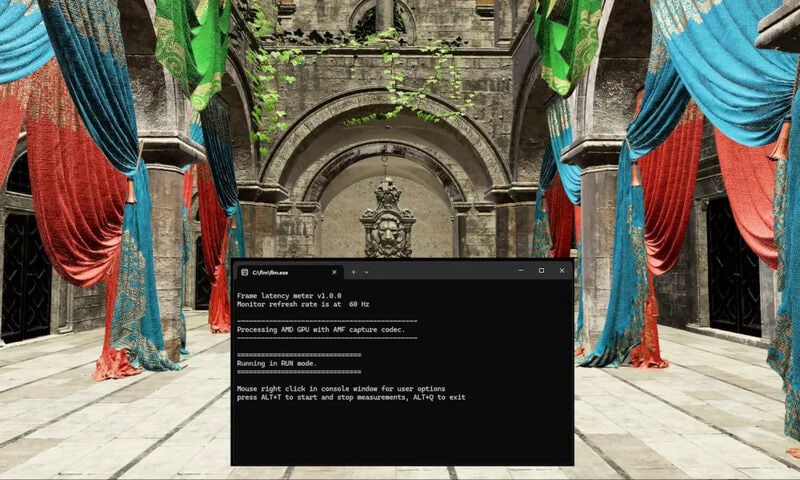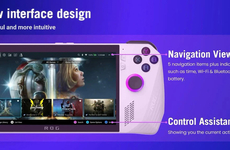
AMD's Frame Latency Meter (FLM) Tool Calculates In-Game Response Times
References: amd & digitaltrends
AMD is unveiling a new tool called Frame Latency Meter (FLM), which allows gamers to optimize whole-system latency or reduce input lag. This utility offers a powerful solution for gamers looking to fine-tune their experience without needing specialized equipment. FLM is versatile, working seamlessly with any GPU that supports DirectX 11 or newer, including those from AMD, Nvidia, and Intel.
The tool captures and analyzes frame latency by continuously monitoring the time between successive frames within a selected region. FLM generates detailed statistics on latency and effective frame rates, providing valuable insights that can be exported as CSV files for comprehensive analysis.
FLM measures latency by tracking the time from a mouse movement event to when the frame contents are updated. By offering such precise and actionable data, FLM empowers gamers to make informed adjustments, ultimately enhancing their gaming performance and experience.
Image Credit: AMD
The tool captures and analyzes frame latency by continuously monitoring the time between successive frames within a selected region. FLM generates detailed statistics on latency and effective frame rates, providing valuable insights that can be exported as CSV files for comprehensive analysis.
FLM measures latency by tracking the time from a mouse movement event to when the frame contents are updated. By offering such precise and actionable data, FLM empowers gamers to make informed adjustments, ultimately enhancing their gaming performance and experience.
Image Credit: AMD
Trend Themes
1. Advanced Gaming Analytics - The FLM tool's ability to provide detailed frame latency statistics introduces a new realm of performance analysis for gamers.
2. Cross-compatibility Innovation - FLM's seamless operation with GPUs from multiple manufacturers highlights a trend towards more inclusive software solutions.
3. DIY Performance Optimization - Empowering gamers to fine-tune system latency without specialized equipment represents a shift towards more accessible self-optimization tools.
Industry Implications
1. Gaming Hardware - Tools like FLM broaden the capabilities of standard GPUs by offering advanced latency tracking and analysis.
2. Software Development - The creation of versatile software that works across different hardware platforms indicates a growing demand for cross-compatibility in the tech industry.
3. E-sports - Providing gamers with precise, actionable data on system performance can enhance competitive gaming strategies and elevate gameplay in e-sports.
6.8
Score
Popularity
Activity
Freshness
























